How digital transactions could have prevented the Graceland sale fraud scheme

Elvis Presley's granddaughter, actress Riley Keough, who controls the family trust, has filed a lawsuit to stop a planned foreclosure sale of his famous Graceland compound. She has alleged that the purported sale involves deed fraud based on forged documents and a fake notarization. This story has brought international attention to the serious - and increasingly prevalent - issue of deed fraud, with coverage from The New York Times, the Wall Street Journal, NPR, BBC, and many other outlets this week.
Keough alleges that Naussany Investments & Private Lending LLC not only forged documents leading to the sale, but that Naussany doesn't even exist. Naussany Investments claims that Keough’s mother — Elvis’s daughter, Lisa Marie Presley, who died in 2023 — had borrowed $3.8 million from the company and gave a deed of trust, putting Graceland up as collateral for the loan. Court documents filed by Keough allege that Naussany “appears to be a false entity” and that the documents it presented about the loan were also fake. Additionally, Keough maintains that the promissory note and deed of trust, both of which appear to bear the signature of Lisa Marie Presley and to have been notarized in Florida in 2018, are both fraudulent. The notary in question even signed an affidavit swearing to the fact that she has never notarized a document for Lisa Marie.
This story naturally caught our attention. We are, after all, in the notarization and digital identity proofing business. This post outlines how fraud of this nature, which regularly affects everyday people making everyday transactions, could be prevented.
How would a digital certificate help with notary stamp fraud?
A digital notarization shows that the document has been sealed by the notary’s digital certificate. That’s the equivalent to the notary putting their stamp on the document but digitally. This certificate acts as a tamper seal for notarized documents, preserving the document’s integrity post-notarization. That digital certificate is unique to every notary and is only assigned after a notary has verified their identity. Applying a digital certificate to a document cryptographically associates the notary's identity to the document, acts as a digital lock and makes it tamper-proof after the transaction has ended.
Recipients (like in this case, the auction company or Keough’s lawyers) could easily inspect the certificate properties or review audit trails to verify when the document was completed, by whom, and that it has not been modified after the notarization.
Here’s exactly how the county could have verified that this document was fake:
- Open Adobe Acrobat and inspect the PDF.
- If the document does not contain a valid digital signature generated by the notary, then the recorder would have been able to immediately spot the fake. Now you know the document was forged, because there is not a cryptographic seal that's attached to the document.
- The notarization that was forged would not have shown any digital signature when opened in Adobe Acrobat, that’s how you’d be able to immediately tell, this is fake.

Proof digital certificates were created to solve the exact problem illustrated by the Graceland case. Digital transactions are much safer than paper for all of the reasons stated above, and Proof’s digital certificates have set the new platinum standard for enhanced security in notarized transactions.
Proof Digital Certificates have been fully audited against WebTrust standards and are included on the Adobe Authorized Trust List (AATL). Documents sealed with a Proof Digital Certificate also include a visible green checkmark in the digital file, providing instant assurance of integrity and auditability and reducing the risk of rejection by businesses, banks, and government agencies.
How could remote online notarization have helped?
Identify proofing the signer - If Lisa Marie or an impersonator attempted to notarize these documents with remote online notarization (RON), robust identity verification designed to stop fraud would have prevented someone from completing a transaction if they’re not who they say that they are.
- RON requires multi-step identity verification, compared to an in-person visual check of a government-issued ID. For an online notarization, Identity verification begins with knowledge-based authentication questions. Then, a signer completes credential analysis, which checks the authenticity of their government-issued ID. Finally, a notary public completes a manual review, comparing the results and photo ID with the person appearing before them.
Evidence of the transaction - As we can see with the situation at Graceland: when a paper notarization is called into question, very little information may be available to confirm its authenticity. Outside of a written journal, the notary’s memory may be the only other available evidence to help in a fraud investigation. Unlike paper notarizations, online notarization creates a detailed and connected trail of evidence, making it difficult for a fraudster to slip away as if nothing ever happened.
- Online notarization produces an end-to-end video recording of the signing session, showing what the signer and the notary looked and sounded like at the time of the notarization. In the case of Graceland, Keough’s lawyers or the court could have requested a copy of that video to determine if Lisa Marie ever appeared before the notary.
- Paper provides little, if any, insight into the lifecycle of a document. With a paper notarization, there’s little evidence to tell you whether the notary’s stamp is legitimate. You’d have to track down that notary and ask them to produce evidence.
- Online notarization platforms, like Proof, provide a comprehensive audit trail that reflects every action the signer took on the platform.
Verified notaries - Online notarization platforms also have onboarding processes that take the necessary precautions to connect customers to a notary they can trust. At Proof, our team reviews each notary on our platform to ensure the notary has the proper commission, insurance, and state approvals to complete notarizations online. Additionally, notaries on the Notarize Network must obtain Notary Signing Agent (NSA) Certification through the National Notary Association. The NSA Certification process includes a background check and must be completed annually.
















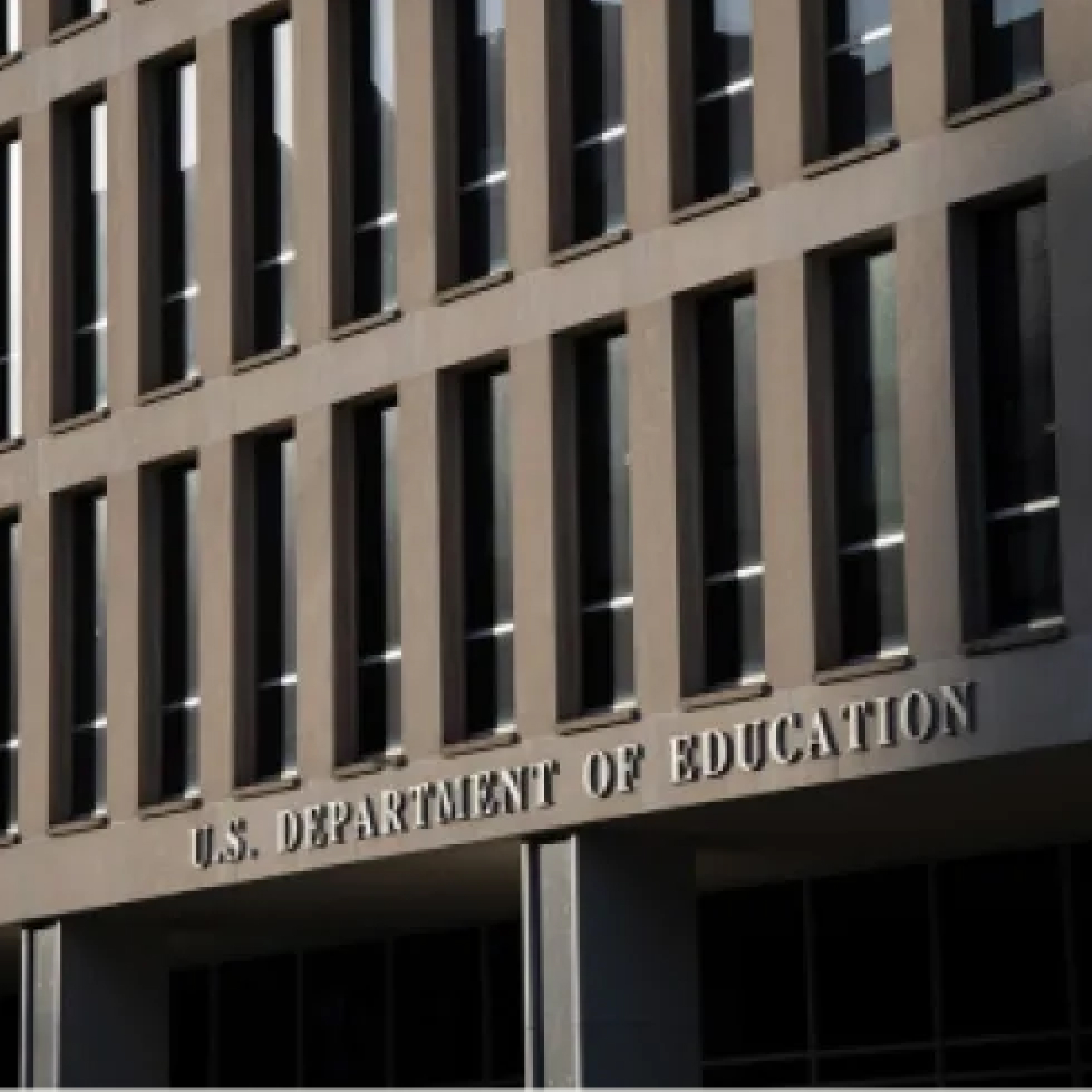


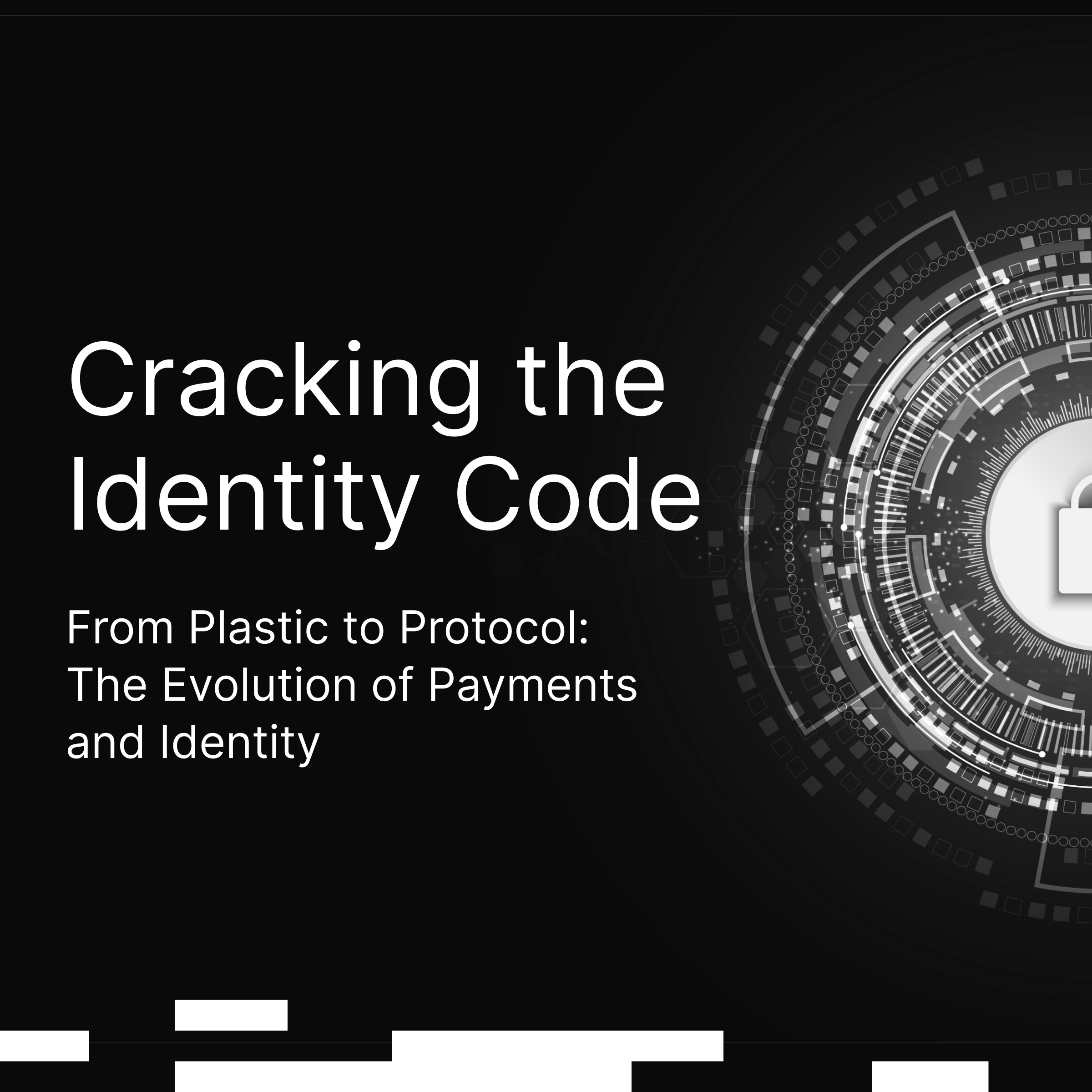

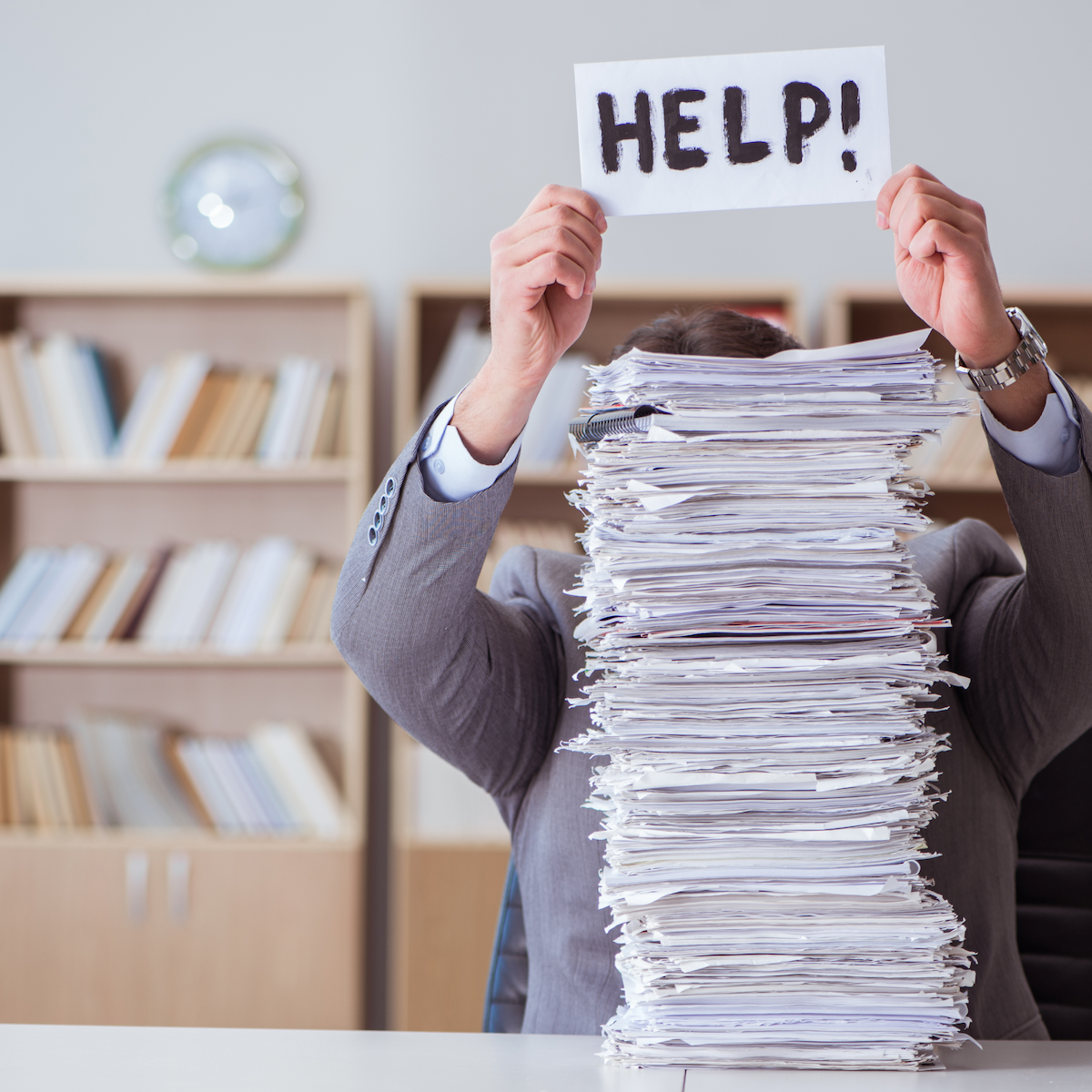
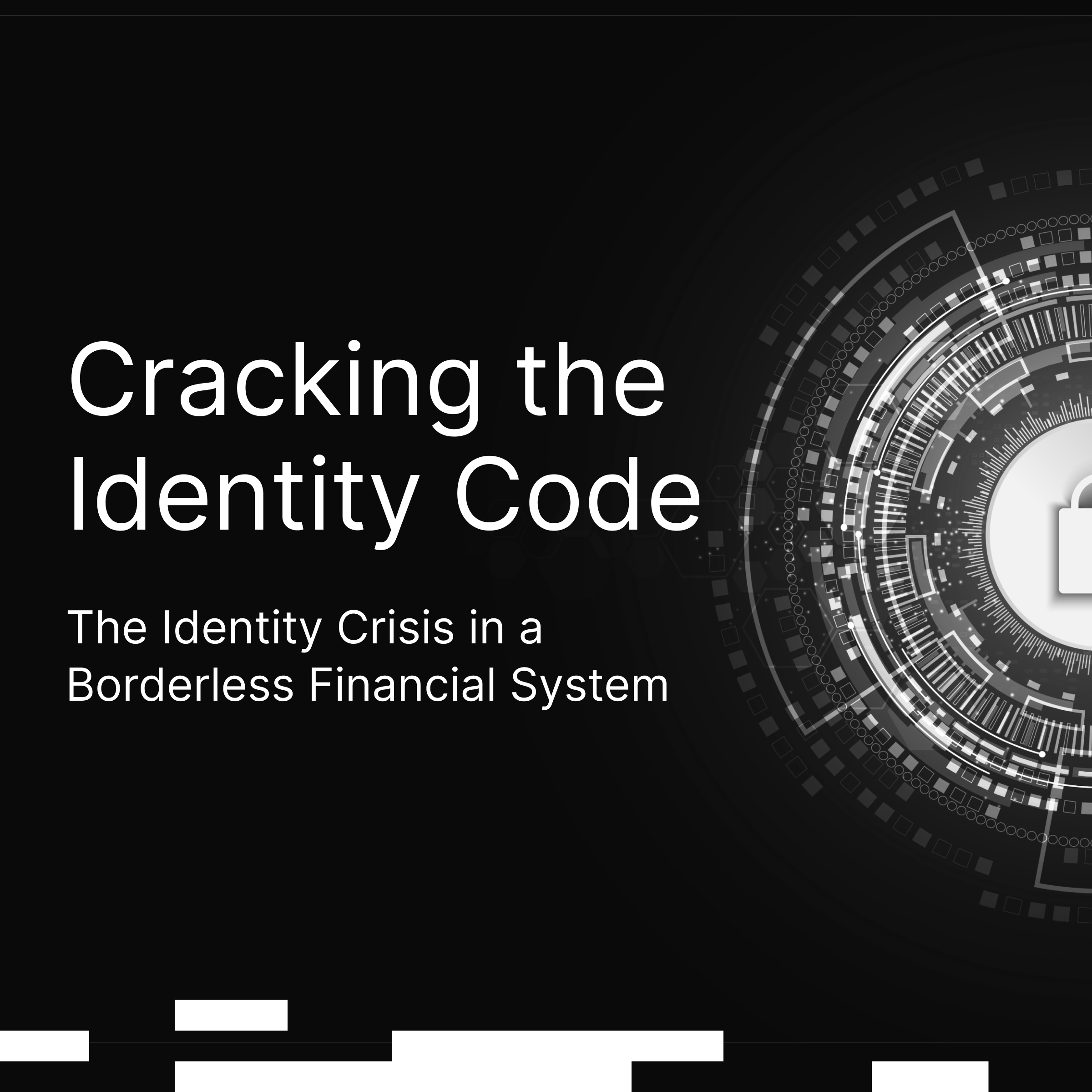




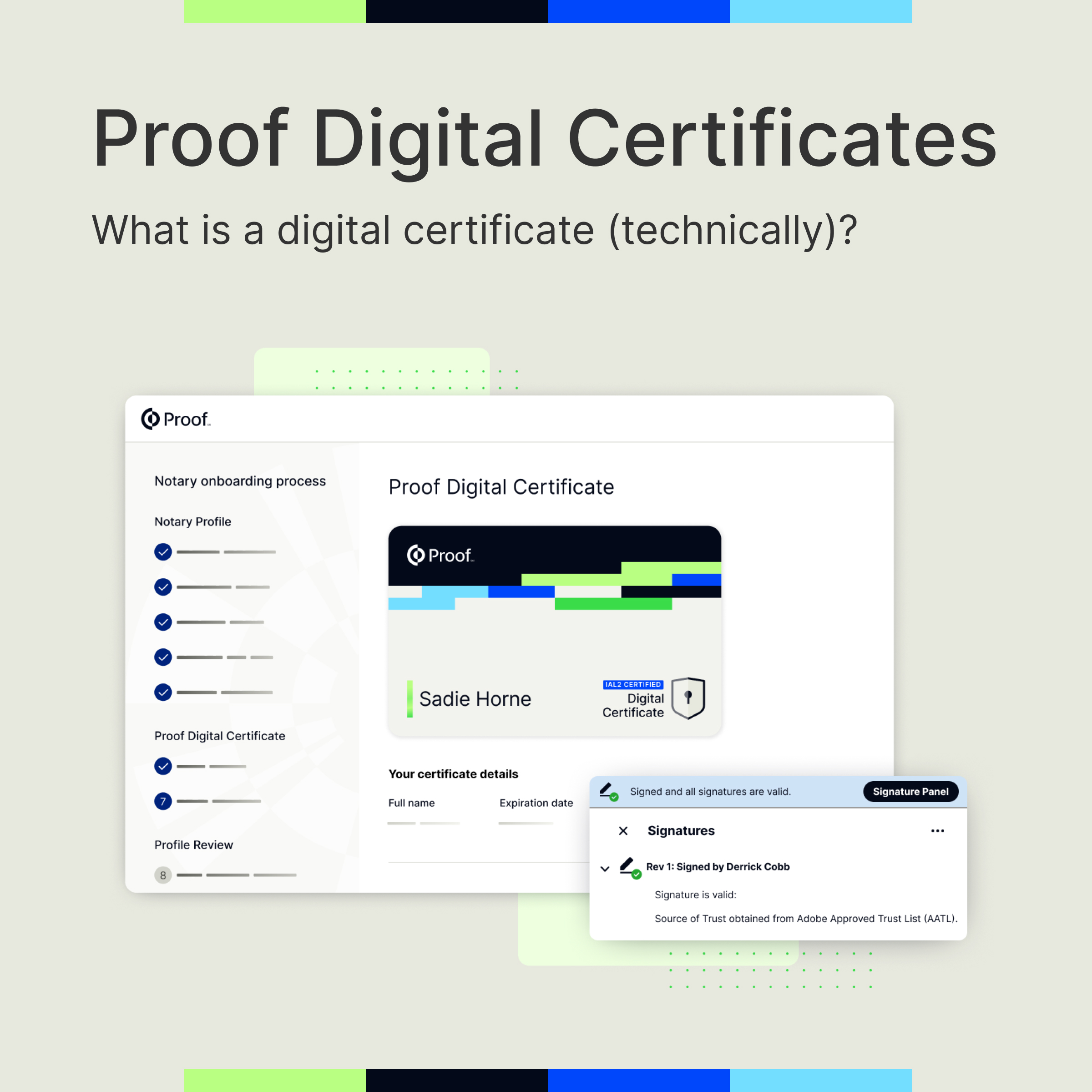


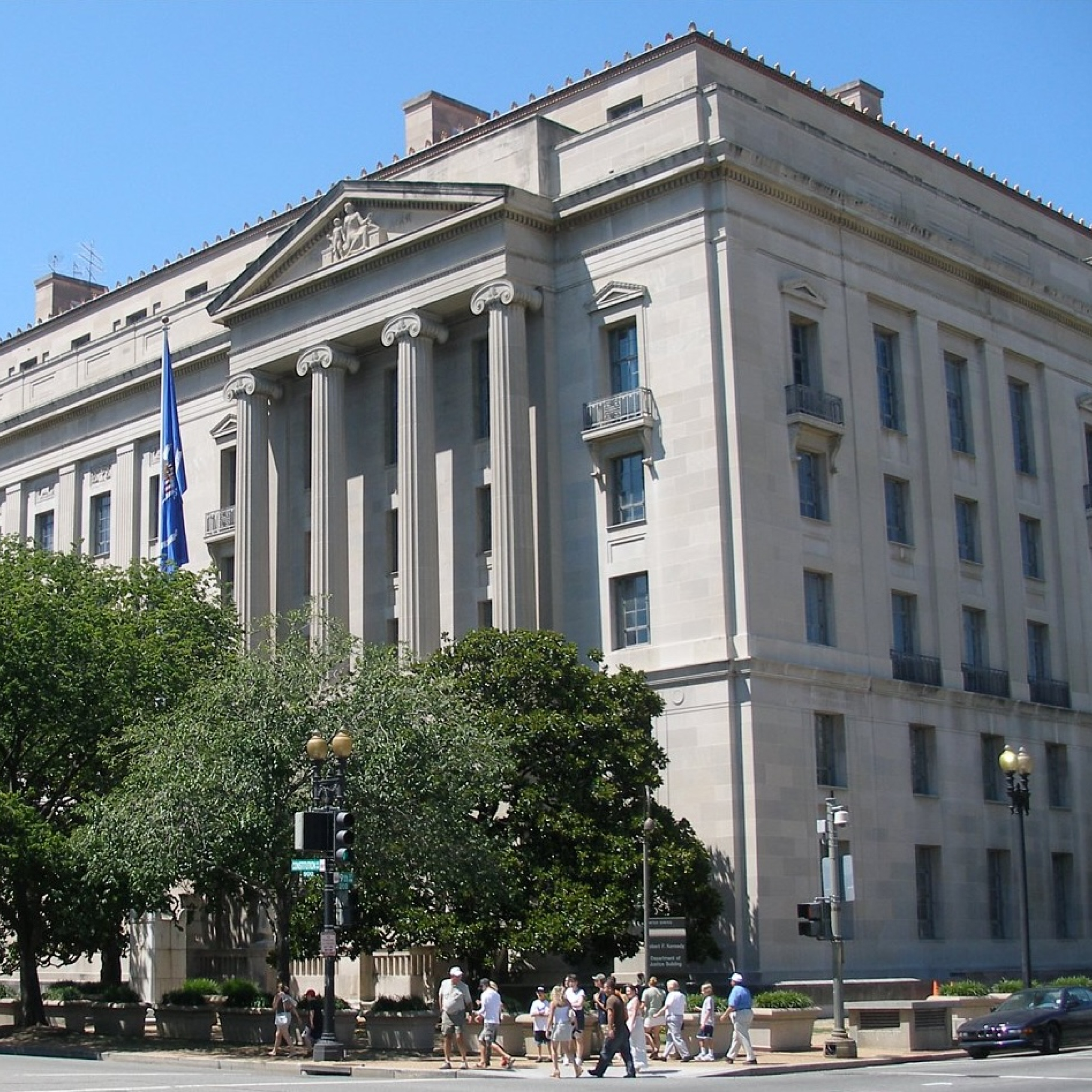
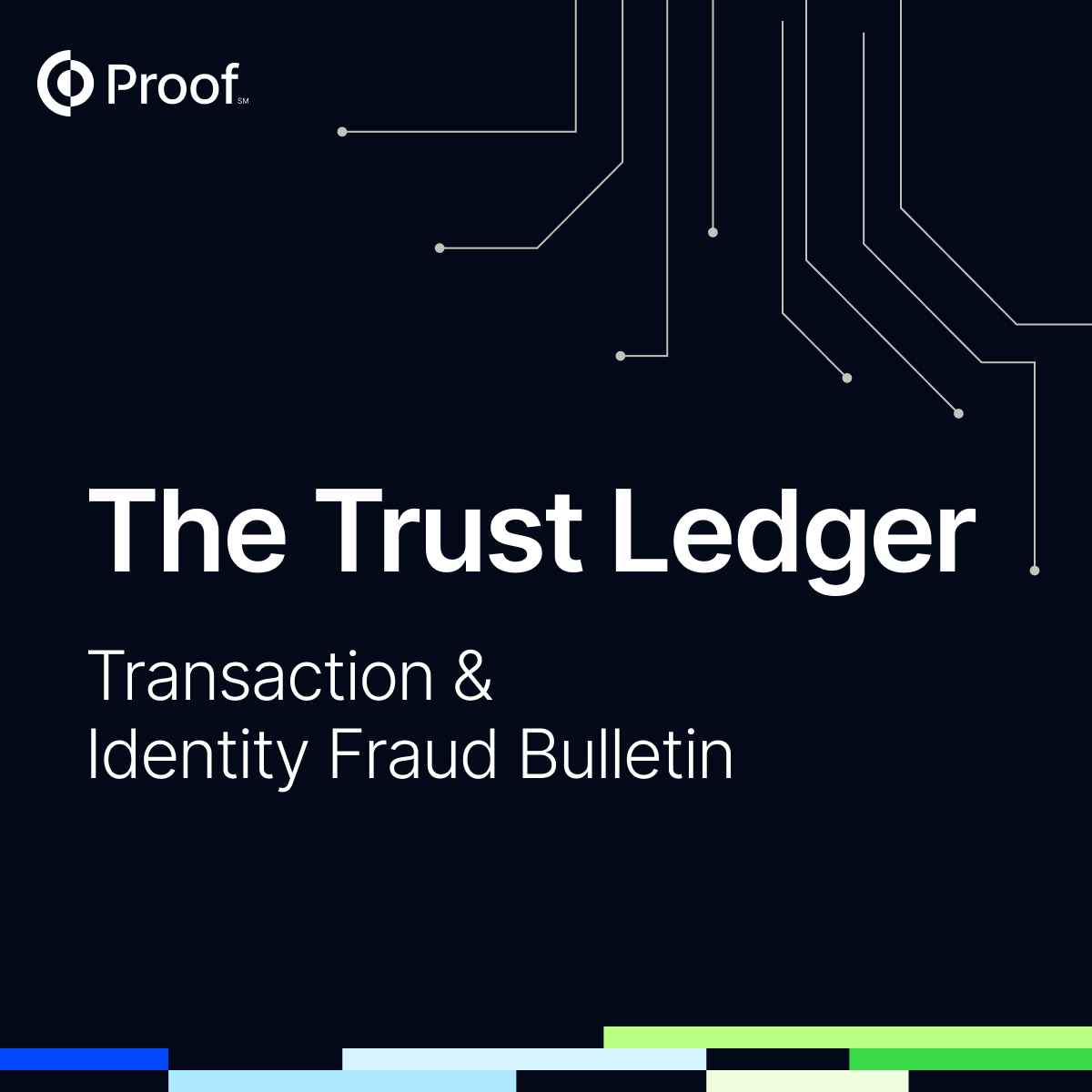

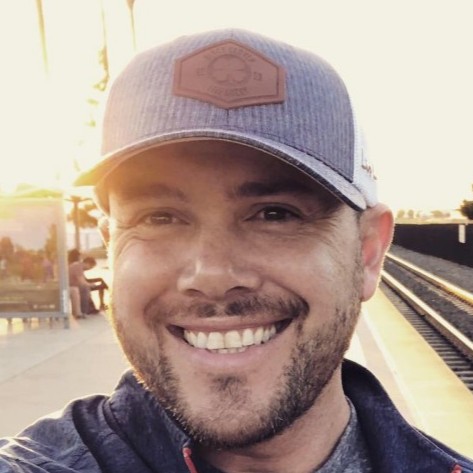












































.jpg)





.png)

.png)







.png)

















.jpg)












.png)

.jpg)

